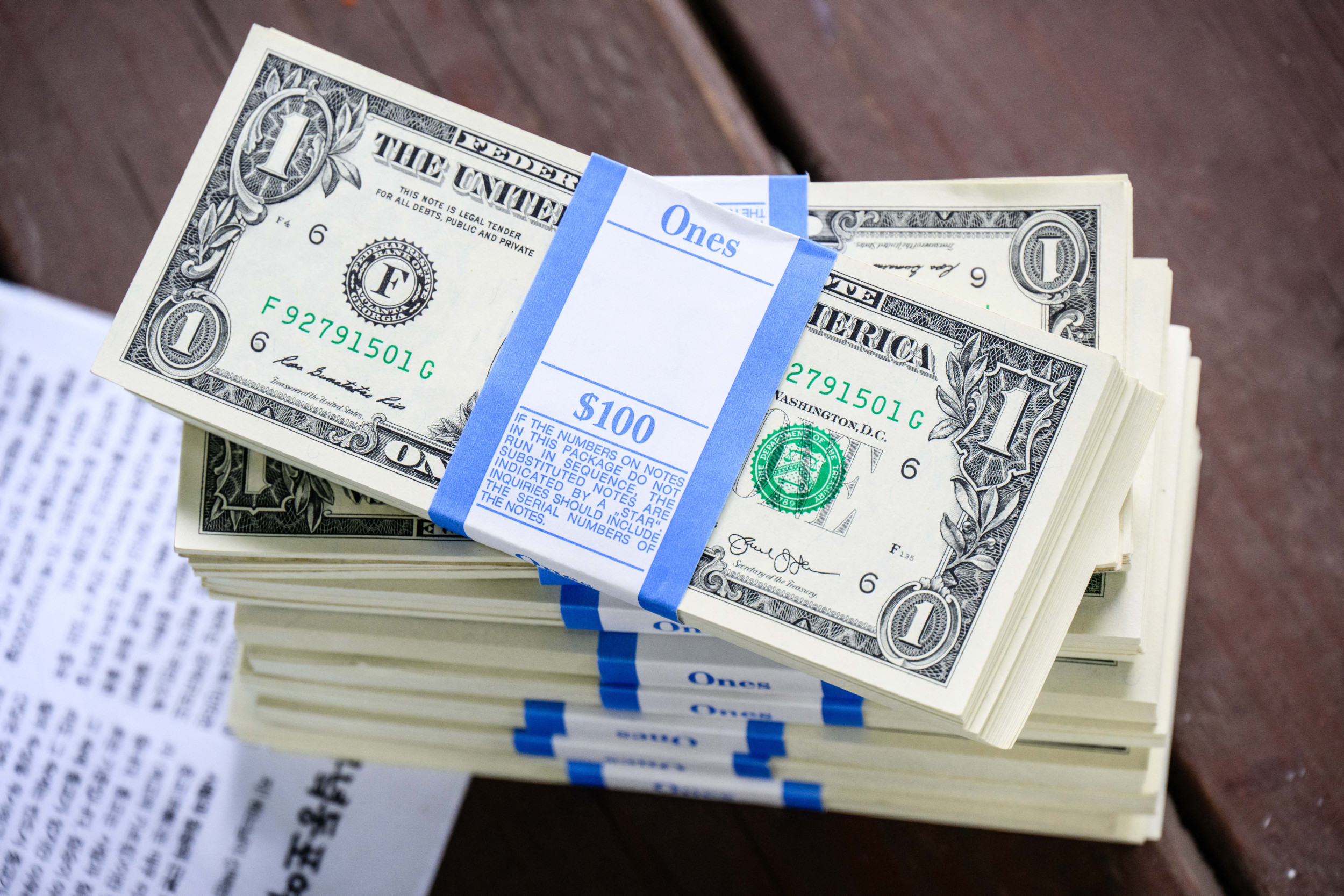According to a recent report from the Tax Foundation, Seattle has the highest combined sales tax rate among major cities in the United States.
The city’s combined state and local sales tax rate is currently 10.35 percent, exceeding that of other major metropolitan areas in the country.
Seattle’s sales tax rate is made up of Washington State’s base sales tax of 6.5 percent, which is further increased by various local levies, including city, county, and special district taxes. This brings Seattle’s total rate to 10.35 percent, closely followed by the city of Tacoma with a rate of 10.3 percent.
This high tax rate has significant consequences for Seattle residents. Everyday goods and services are more expensive, further increasing the financial burden on a city already known for its high cost of living.
Newsweek reached out to Seattle government officials via email on Wednesday for comment.

ANTHONY WALLACE/AFP/Getty Images
Seattle’s combined tax rate of 10.35 percent beats other major cities like Chicago, with a combined tax rate of 10.25 percent, and Los Angeles, with 9.5 percent. However, Chicago’s tax rate includes a higher local tax component, while Los Angeles benefits from California’s slightly lower state sales tax.
Despite its high ranking, Seattle is not alone in its tax burden. Many other cities across the U.S. struggle with high sales tax rates as local governments look for ways to raise revenue amid rising costs and budget constraints. However, Seattle’s unique economic landscape – characterized by a booming tech industry, rapid population growth and rising property values - means the impact of this tax is felt differently than in other cities.
The semi-annual report presents the combined state and local sales tax rates in large U.S. cities, defined as census-designated incorporated places with over 200,000 residents.
The report states: “Chicago, Illinois, and Long Beach, Fremont and Oakland, California, are tied for the third-highest level among major cities at 10.25 percent. Until 2021, Chicago and Long Beach’s 10.25 percent (Fremont and Oakland had not yet joined them) was the highest in the country.”
News of Seattle’s ranking could spark a debate about the city’s tax policy. Critics could argue that the high sales tax disproportionately affects low-income residents and could hinder economic growth as businesses and consumers move away. Alternatives, such as a city income tax or higher property taxes, could be fairer ways to raise revenue.
But supporters of the current tax structure say the VAT is an important source of revenue to fund critical public services such as transportation, public safety and social services. They add that any reduction in the VAT could lead to cuts in these important areas.

